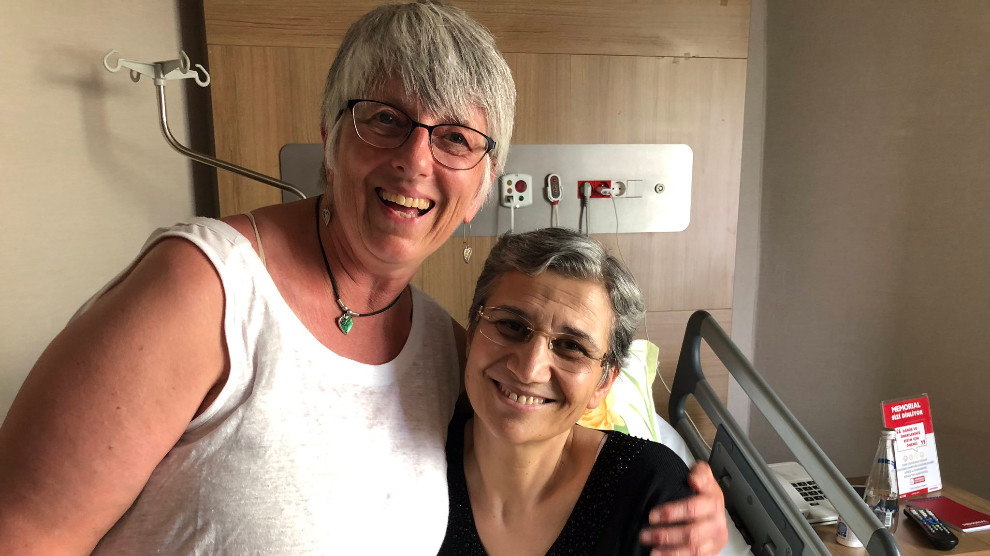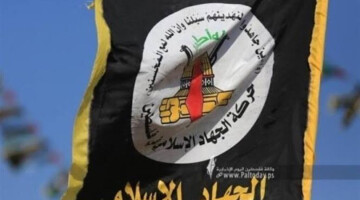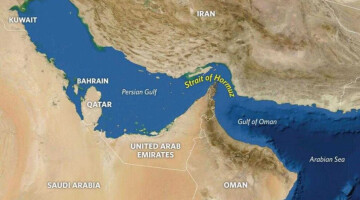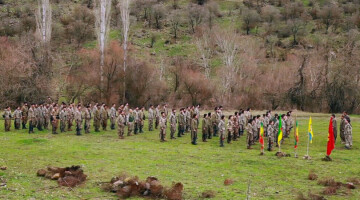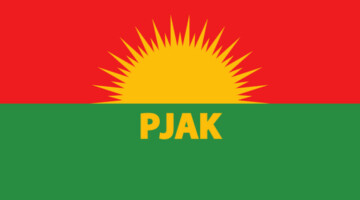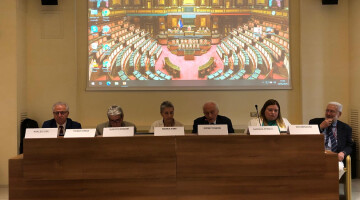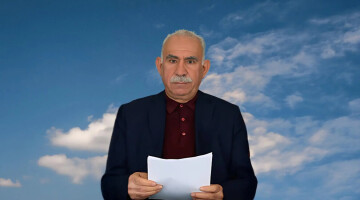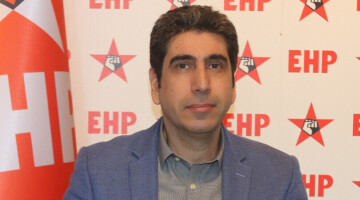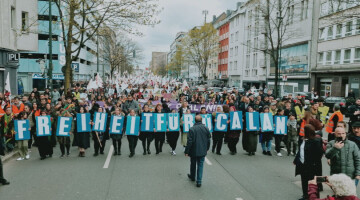Julie Ward is a British Member of the European Parliament for the North West England region for the Labour Party. She was first elected in 2014 and was re-elected in 2019.
Ward visited HDP Hakkari MP Leyla Guven during her hunger strike resistance demanding the end of isolation on Kurdish people’s leader Abdullah Ocalan.
Ward has been to Turkey and North Kurdistan several times and has also been to Rojava.
In the first of this two-parts interviews Ward talked to ANF about the recent AKP decision to appoint trustees to the municipalities of Amed, Van and Mardin and explained the situation she has witnessed in her recent trips to both North Kurdistan and Rojava.
How do you assess Erdogan's decision to appoint trustees to 3 HDP-run municipalities and how much could Europe tolerate for the sake of having migrants stopped by Turkey?
I think Erdogan has been spooked by the turn of events in Istanbul. The AKP losing to the opposition CHP in Turkey's largest and most cosmopolitan city is a body blow and so the President is resorting to bully boy tactics in the Kurdish majority cities where he has already set a precedent for overturning democracy with his policy of unelected 'trustees'. In addition to the removal of the recently elected HDP mayors in Diyarbakir, Mardin and Van, the state also detained more than 400 municipal council members and employees. Some of these people will lose their livelihood and find it difficult to make ends meet. When I visited Diyarbakir for the first time in 2016 I met dozens of school teachers who had been removed from their positions and there was huge anxiety about their ability to gain alternative employment.
Scare tactics are the resort of a weak leader. Erdogan is a bully who cannot thrive or survive in a healthy democracy so he resorts instead to undermining democracy. I am glad that my political group in the the European Parliament, the Socialist and Democrats, made a strong statement supporting the fundamental rights of the Kurdish people.
The European Commission also made a strong statement calling for Turkey to repeal measures inhibiting the functioning of local democracy, in line with the recommendations of the Venice Commission and in line with Turkey's commitment to the European Charter of Local Self-Government.
Meanwhile, I am tabling a question to the Commission regarding this issue, calling for the EU to send a fact-finding mission to the region and for a renewed inclusive peace process as advocated by Abdullah Öcalan.
You have been to North Kurdistan many times. Can you tell us how is the situation now, after the elections?
In all the years I have been visiting Kurdistan since I was elected in 2014 I have always found the situation to be tense and one that demands constant struggle, huge energy and fortitude.
The AKP place new hurdles at each twist and turn, attacking democracy, but I am always struck by the strength and resolve of the HDP members that I meet and the Kurdish campaigners, especially the women.
I went to Igdir to help with election observation in June 2018 and witnessed unfair practices. Despite that HDP achieved the necessary threshold across the country and there was great jubilation.
The recent mayoral elections in Istanbul have demonstrated that Erdogan's reign is coming to an end. It is this increasing threat to AKP's powerbase that has prompted even more attacks on Kurdish communities.
I think we must brace ourselves for an onslaught against all Kurdish institutions and especially against elected officials over the coming years in the run up to the 2023 elections. But, the international community is much more aware and more critical than previously and I hope there will be more solidarity.
You are undoubtedly one of the most active MEP to raise concern and the Kurdish issue in the European Parliament. What do you think Europe should and could do?
I would like to see the PKK removed from the terrorist list and more efforts made to bring different stakeholders to the table; the EU can be an effective peace broker. I would like to see Turkey brought back into EU funding programmes that support culture and strengthen civil society.
None of my visits to the Kurdish areas have been official missions yet I have learnt a lot - it would be good to try and get more official missions to visit and do some of the things I have done. The refugee deal has been a disaster and Europe needs to recognise that this was a bad plan with a high price both in terms of limiting our ability to criticise Erdogan and from a humanitarian perspective.
But the best action would be a Foreign Affairs (AFET) Committee initiative linked to Kati Piri's work as the European Parliament's standing rapporteur and her calls for full democracy to be returned to Turkey.
You have been to Rojava. Which are the things the most impressed you there in terms of self-government, women, education...
In Rojava I was most impressed by the women and the way they are rebuilding society, via the different levels of democratic decision-making.
I met one woman in Kobane who was participating in a political education programme for the first time in her life and you could see it was a very empowering experience - she was literally radiating positive energy. Visiting the women's village which was being built was also a memorable experience.
Education in the broadest sense is such a key concept for the people in the region, both via formal and informal education. We visited a cultural centre where children were having fun making puppets and learning music from Kurdish musicians. I was also pleased to hear about the establishment of a new university in Qamishlo which not only teaches medicine, engineering, sciences, fine arts and humanities, but also jineology - feminism or women's science.
There has been recently a Forum on ISIS in Rojava. How do you think the issue of foreign ISIS members and their families should be addressed? Is Europe dealing with this delicate issue in the right way?
Whilst I agree that ISIS members who perpetrated violence and atrocities should be subject to fair trial I remain concerned for the families of ISIS fighters, especially the women and children with many innocent children being born during the conflict whose future is uncertain.
I am also concerned for vulnerable EU citizens who were radicalised and their family members who were generally ignorant of what was happening and feel the pain of estrangement. The EU has set up a Radical Awareness Network which has brought together victims' families, parents of radicalised youths, people who had been radicalised and managed to escape and reintegrate, and academics and security experts.
Whilst some EU Member States are taking a hard line on the return of ISIS fighters I believe that this will not ultimately solve the problem, especially as YPG/YPJ International Brigade members could be subject to the same rules.
We need to build on the excellent work that RAN is doing in Europe and develop a model for the detention camps in Syria. I believe that there should be better adherence by YPG/YPJ in respect of the international campaign to end the use of child soldiers.

